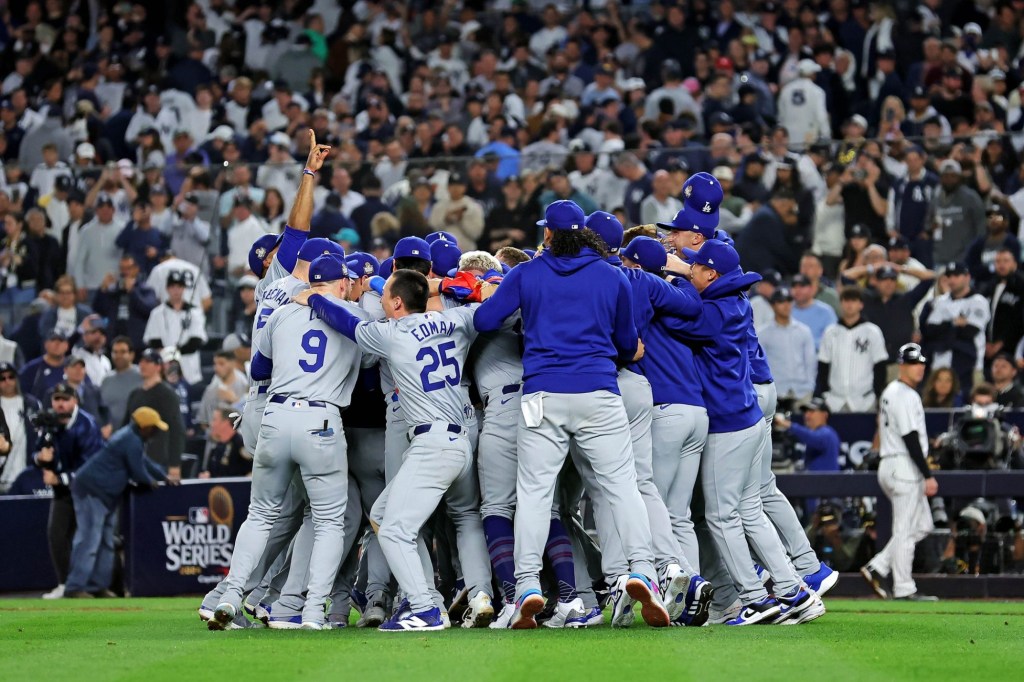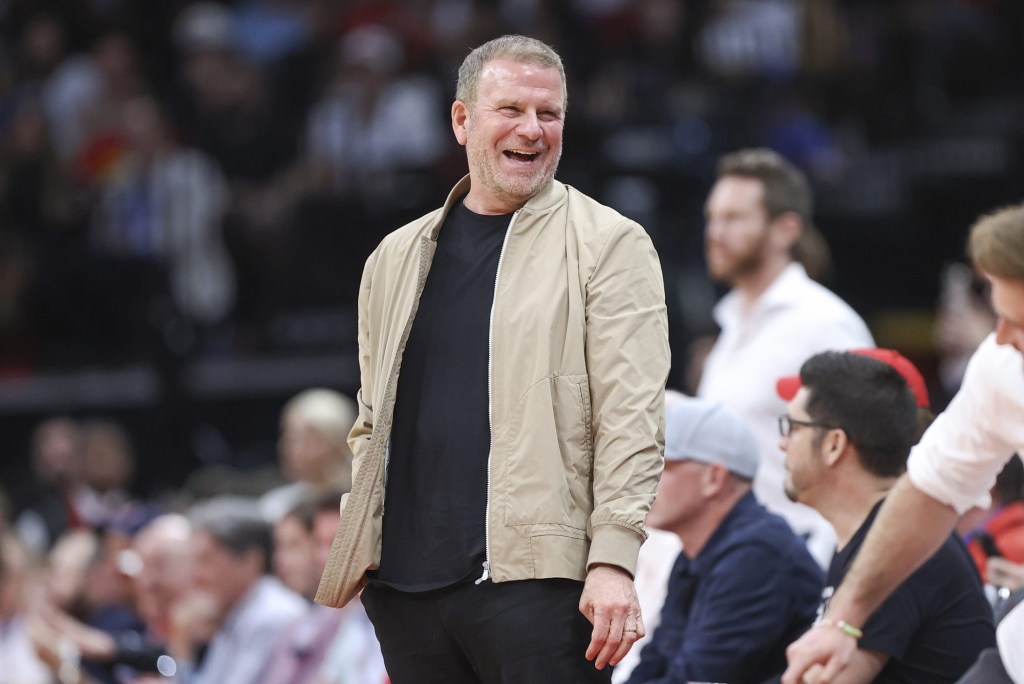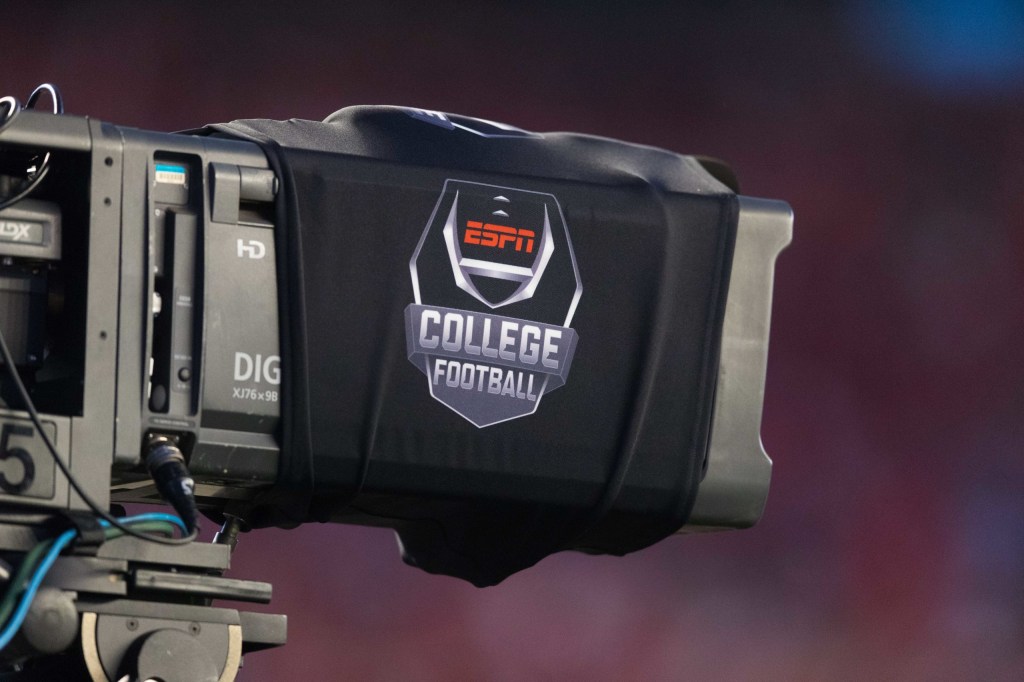This article is powered by the SMU Sport Management Program.
By: D.J. Podgorny, @DJPodgorny

This month, the Chicago Cubs won the World Series for the first time in 108 years. As a lifelong White Sox fan, I can honestly say I never thought this day would come. And while you’ll never see me rooting for the North Siders, I have an immense appreciation for this year’s team.
To win over 100 regular season games, battle back from being down in two playoff series, and win a game seven, championship clincher on the road, there are a ton of superlatives a team must possess. Things like grit, resilience, trust, and camaraderie all come to mind. Yet, when I examine the 2016 Chicago Cubs, one defining quality stands out above all of the rest:
They sacrificed short term satisfaction for long term gain.
Dating back to spring training, this squad was regarded as baseball’s elite. Pundit after pundit agreed: this Cubbies team was special; they were finally contenders. Early praise of Theo Epstein’s ability to build another young, dominate roster was the topic of radio shows, newspaper columns, and SportsCenter segments.
Almost every year, there is a team that makes these headlines. In every sport there is always some club that is subject to media hype before the first game is played. More often than not though, these teams aren’t the ones left standing, holding the championship trophy at year’s end.

Why? Because it is easy to buy into the publicity. It’s tempting to believe the analysts, to convince yourself you’re the greatest, and when you do that, progress halts. You get complacent.
But your competitors don’t. In fact, they strive harder than ever to take you down. Every chance they have against you is their opportunity to prove to the world what they’re made of. You have a target on your back all season long.
The Cubs are one of the rare exceptions. They didn’t buy into the hoopla. Instead, they focused on the task at hand: winning each matchup and never getting ahead of themselves. They did the little things that add up to championship baseball.
They avoided shallow, short-sighted self-indulgence for an opportunity to achieve their long term goal.
Perhaps the best example is catcher and outfielder Kyle Schwarber. Schwarber was poised to have a big year after finishing the previous season with a stellar playoff performance. Expectations were high for the 2014 first rounder.
Those hopes came crashing down when, in the first month of the season, he suffered a torn ACL. Schwarber’s aspirations seemed nixed, put on the backburner for at least another year. There was no guarantee he would see the field again in 2016. Still, he committed to his rehab, working tirelessly to have any chance possible to help his team.
It paid off. Schwarber worked behind the scenes all season to strengthen his knee and return to form. Then, as the Cubs traveled to Cleveland for game 1 in the World Series, his number was called. Schwarber responded with one of the most memorable performances in franchise history, ultimately playing a large part in the championship run.
Schwarber could have easily given up on the year. He could have just packed it in and waited for 2017. No one would have faulted him after an injury like that.
Instead, he refused. He focused on the small things, the difficult minutiae of rehabilitation, and the painfully slow progress. He gave it everything he had; full well knowing he may never get a chance to help his team.
He sacrificed short term satisfaction for long term gain.
Now, it’s unlikely I will ever have a chance to win a World Series (little league dropout), but this message transcends sports. There are an overwhelming number of decisions in our life where we have to make a choice that influences our short and long term goals.
Should I binge watch three episodes of Mr. Robot or study for my exam? Should I work out or waste thirty minutes on Facebook? Should I introduce myself to this stranger at a networking event or act like I am on my phone until my friends arrive?
They all have varying degrees of influence on your happiness, fulfillment, and success. Most of them won’t have any impact in the grand scheme of things, when examined discretely.
What differentiates champions from playoff teams, however, is the ability to consistently fight the urge to do what’s comfortable in lieu of the activity that leads to growth. They have the willpower to abstain from what detracts from their goals and the awareness to consciously make the decision. Perhaps, most importantly, they have the resilience to get back on track when they make mistakes.
This is a guiding philosophy used time and time again. From John Wooden to Bill Walsh to Bill Belichick, leaders have preached this concept. When your behaviors constantly align with your long term goals, the small benefits will compound into monumental results.
That’s why I am doing my best to emulate the legendary performance of the Chicago Cubs. Because, even though it might not be a World Series, I want to be a champion.

















